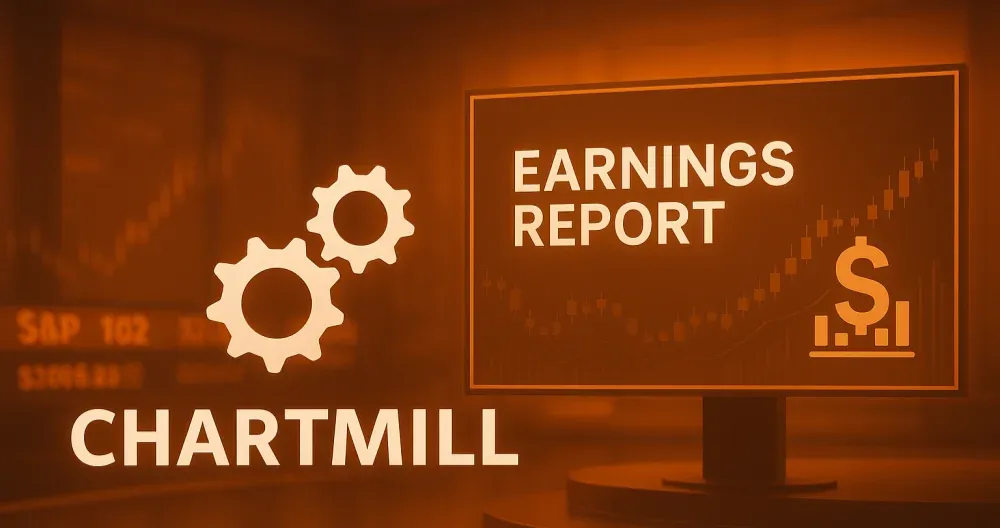Investors looking for undervalued opportunities often use systematic screening methods that find companies trading below their intrinsic worth while keeping strong basic fundamentals. One method involves filtering for stocks with high valuation ratings, indicating they may be priced well compared to others, along with good scores in financial health, profitability, and growth. This method fits with value investing principles, which focus on buying quality businesses at lower prices to allow for both a safety buffer and possible price increases. Vertex Pharmaceuticals Inc (NASDAQ:VRTX) recently appeared through such a screening process, suggesting it may deserve more attention from those using a value-focused strategy.

Valuation Metrics
The valuation rating of 7 out of 10 for Vertex indicates it is priced well within its industry, a main point for value investors who focus on buying assets at a lower price. Several metrics support this view:
- A Price/Earnings ratio of 23.10, which is lower than 93.7% of biotechnology industry peers
- An Enterprise Value to EBITDA ratio that is more appealing than 93.7% of sector competitors
- A PEG ratio that suggests payment for good future growth expectations
While the absolute P/E might seem high to some investors, the relative valuation within the high-growth biotechnology sector points to possible undervaluation. This difference between absolute and relative valuation metrics can create chances for value investors who understand that industry context is very important when judging fair value.
Financial Health
With a health rating of 7, Vertex shows good financial stability, another important factor for value investors looking for companies with strong balance sheets to handle market changes. The company's financial position includes:
- No outstanding debt, placing it in a top group of biotechnology firms for solvency
- A current ratio of 2.52, showing enough liquidity to cover short-term needs
- Steady share count reduction over recent years, showing disciplined use of capital
This financial strength provides the safety buffer that value investors usually want, as it lowers bankruptcy risk and gives management options to handle difficult times or follow strategic chances.
Profitability Strength
Vertex's profitability rating of 8 reflects very good operational efficiency, a trait value investors like because it often points to lasting competitive strengths. The company does very well in several key areas:
- Return on Invested Capital of 17.58%, doing better than 96.85% of industry peers
- Operating margin of 38.77%, with the best in the biotechnology sector
- Gross margin of 86.11%, showing pricing strength and cost control
These high profitability metrics suggest that Vertex has economic advantages, whether through intellectual property, manufacturing skill, or market position, that let it create above-average returns on capital. For value investors, such traits often point to a business trading below its intrinsic value even with strong basic performance.
Growth Trajectory
Even though it is seen as a value candidate, Vertex holds a growth rating of 8, showing that undervaluation does not always mean less business expansion. The growth profile contains:
- Revenue growth of 10.46% over the past year, with a three-year average of 21.50%
- Expected EPS growth of 150.73% each year in coming years
- Multiple approved medicines and a strong pipeline for serious diseases
This mix of value traits with growth possibility is especially interesting to investors looking for what some name "GARP" (growth at a reasonable price) chances. The market may be undervaluing Vertex's future possibilities relative to its current growth path.
Investment Considerations
While the basic analysis presents a strong case, investors should think about several factors specific to Vertex's business model. The company's focus on cystic fibrosis treatments, though successful, creates some reliance on this area. However, their growing pipeline into sickle cell disease, pain management, and other areas gives diversification possibility. Also, the biotechnology sector has built-in regulatory and clinical trial risks that could affect future performance.
The lack of a dividend, shown in the dividend rating of 0, may turn away some income-focused value investors. However, this is normal for growth-focused biotechnology companies that usually put profits back into research and development instead of giving them to shareholders.
For investors wanting to find similar chances, more screening results can be found through this Decent Value Stocks screen, which finds companies with good valuation traits along with solid fundamentals.
Disclaimer: This analysis is based on fundamental data and screening methods for informational purposes only. It does not make up investment advice, recommendation, or endorsement of any security. Investors should do their own research and talk with a qualified financial advisor before making investment decisions. Past performance does not promise future results, and all investments have risk, including possible loss of principal.





